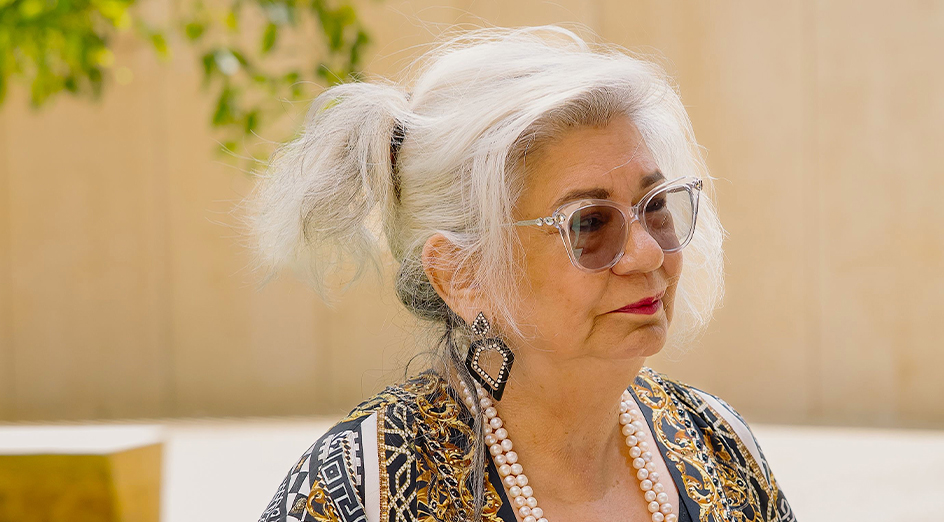There has been an alarming rise in suicide rates among Aboriginal and Torres Strait Islander peoples, according to 2023 causes of death data released by the Australian Bureau of Statistics.
While suicide rates for non-Indigenous Australians stabilised at 11.8 per 100,000 people, the rate for Indigenous Australians surged to 30.8 per 100,000 — the highest ever recorded and a 30 per cent increase over the past five years, with 275 Aboriginal and Torres Strait Islander lives lost to suicide in 2023.
The suicide rate among Indigenous adults is more than double that of non-Indigenous Australians, and suicide remains the leading cause of death among Aboriginal children.
Despite a national target to reduce these rates by 15 per cent by 2031, they have continued to increase, highlighting an urgent need for action.
 Image: Indigenous psychologist Professor Pat Dudgeon AM.
Image: Indigenous psychologist Professor Pat Dudgeon AM.
Professor Pat Dudgeon, Director of The Centre of Best Practice in Aboriginal and Torres Strait Islander Suicide Prevention at UWA, said the rising suicide rates among Aboriginal and Torres Strait Islander peoples were a clear indication of the deep-rooted impacts of colonisation, intergenerational trauma and ongoing social disadvantage.
“To reverse this trend, we need culturally grounded solutions that empower our communities and strengthen their connection to culture and Country,” Professor Dudgeon said.
“Our Centre is committed to promoting best practices that respect Indigenous knowledge and self-determination.”
Following the recent Voice to Parliament Referendum, incidents of racism have risen, with the Aboriginal crisis support hotline 13YARN reporting a 50 per cent rise in calls, 19 per cent of which cited racism as a key factor for distress.
Individual risk factors such as relationship breakdowns, poor mental and physical health, and alcohol misuse further contribute to the high suicide rates. Those in rural and remote communities face additional barriers, including limited access to support services and increased socioeconomic disadvantage.
“To tackle this crisis, suicide prevention strategies must be culturally informed and focus on social and emotional wellbeing, encompassing mind, body, community and Country,” Professor Dudgeon said.
“Empowering Aboriginal and Torres Strait Islander communities to lead their own mental health initiatives is crucial.
“Programs like The National Aboriginal Community Controlled Health Organisation’s Culture Care Connect and new policies targeting zero suicides offer hope, but sustained government support and systemic change are essential.”
